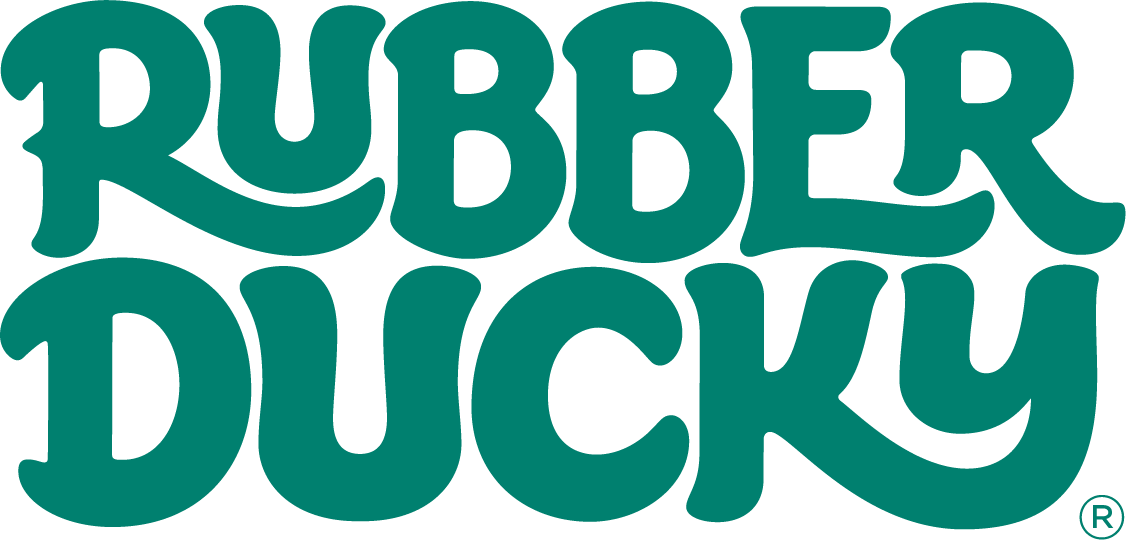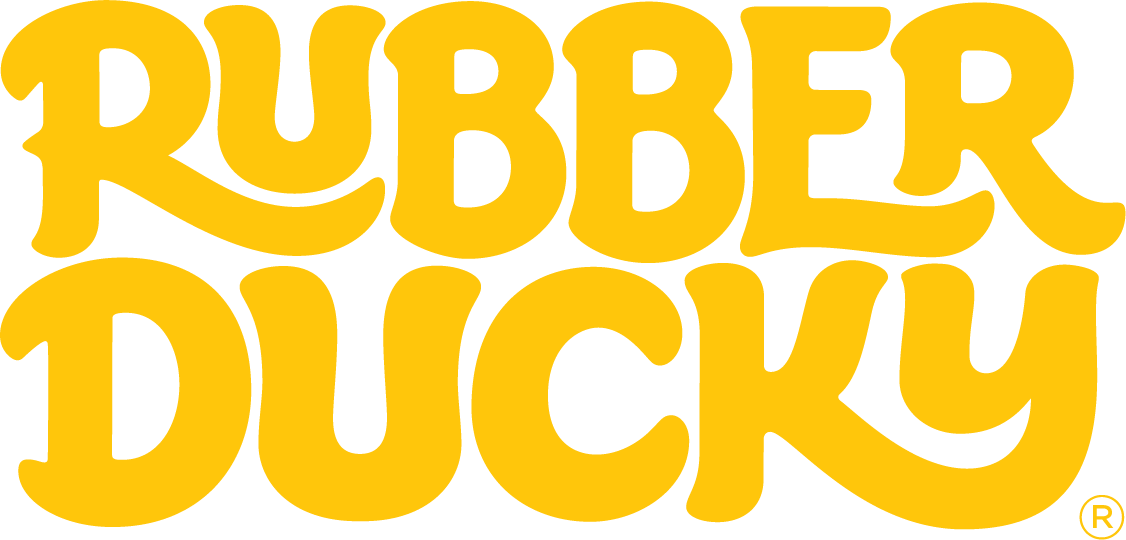According to the American Academy of Dermatology (AAD), skin cancer is the most common form of cancer in the United States, and nearly 20 Americans die from melanoma, (the most dangerous form of skin cancer) every day.
The No. 1 cause of melanoma? Exposure to natural and artificial ultraviolet (UV) light; the same light you get from tanning beds and the sun’s rays.
Even though we may be saying 'Goodbye' to Summer, it doesn't mean we won't need sunscreen during the winter.
However, when it comes to choosing the right sunscreen, there are two different types you can opt for: chemical and mineral sunscreen.
Both have unique ingredients and properties that suit different skin types and environments.
In this post, we explore the differences between these two types of sunscreens and help you make an informed decision about which one to use for your skin.
Read more to learn about the differences between chemical and mineral sunscreen to make the best choice for your skin.
Chemical Sunscreens
Chemical sunscreens are made with synthetic chemicals such as avobenzone, homosalate or octisalate.
These chemicals work by absorbing the UV rays into the skin and converting it into heat, which then dissipates from the body.
One of the benefits of using chemical sunscreens is that they are lightweight and absorb into the skin easier, making them an excellent option for everyday use.
However, the downside is that some chemicals can cause allergic reactions and skin irritations.
Additionally, some chemicals in chemical sunscreens can harm the environment, they are not biodegradable and can contribute to coral reef bleaching.
Mineral Sunscreens
Mineral sunscreens, on the other hand, use natural occuring minerals such as titanium dioxide and zinc oxide to create a barrier on your skin that reflects the UV rays.
Mineral sunscreens are known to be better for people with sensitive skin because they are more gentle.
Mineral SPF Sunscreens also provide broad-spectrum protection against both UVA and UVB rays just like other chemical sunscreens.
One of the downsides of mineral sunscreens is that they can feel heavier on the skin and leave a white cast, making them less ideal for everyday use.
Despite this, mineral sunscreens are more eco-friendly since they are natural and biodegradable.
Pros and Cons of Chemical Sunscreen
Chemical sunscreens have their advantages, such as being lightweight and easily absorbed into the skin, providing a smooth base for makeup application.
They also tend to offer higher SPF levels, providing longer protection against UV rays.
Additionally, chemical sunscreens are often more affordable than mineral options, making them accessible to a wider range of consumers.
However, some drawbacks of chemical sunscreens include the potential for skin irritation and allergic reactions due to the presence of certain ingredients like oxybenzone and avobenzone.
There are also concerns about the impact of these chemicals on marine life when washed off in oceans or lakes.
Furthermore, some studies suggest that certain chemicals in chemical sunscreen may disrupt hormone function when absorbed into the bloodstream over time.
In conclusion, while chemical sunscreens offer benefits like high SPF protection and affordability, it's essential to consider potential risks such as skin irritation and environmental impact before choosing this type of sunscreen for your daily skincare routine.
Pros and Cons of Mineral Sunscreen
One of the biggest advantages of mineral sunscreen is its natural ingredients like zinc oxide and titanium dioxide, which provide broad-spectrum protection without harmful chemicals.
Additionally, mineral sunscreens are often reef-safe and environmentally friendly, making them a popular choice for conscious consumers looking to minimize their impact on the planet.
On the flip side, some drawbacks of mineral sunscreen include the potential for a white cast or chalky appearance on the skin due to its physical barrier properties.
Some formulations may also be thicker and harder to blend compared to chemical sunscreens.
However, with advancements in technology and formulation techniques, many brands now offer mineral sunscreens that are lightweight and easily absorb into the skin while still providing effective protection against UV rays.
Which Type of Sunscreen Should I Choose?
When choosing chemical and mineral sunscreens, it is essential to consider what works best for your skin type and lifestyle, says Dr. Anthony Rossi, a board-certified dermatologist at Memorial Sloan Kettering Cancer Center.
If you have sensitive skin or are allergic to certain chemicals, mineral sunscreens may be the best option for you.
If you’re looking for a sunscreen that is lightweight and easy to apply, then chemical sunscreens might be a better option.
Additionally, if you’re planning on swimming or doing water sports, chemical sunscreens may be a more reliable option since they are less likely to sweat off or wash away.
Tips for Proper Sun Protection
Regardless of which sunscreen type you choose, there are a few tips to remember to ensure proper sun protection.
Firstly, reapply sunscreen every 2 hours or after swimming or sweating heavily.
Additionally, no matter how high the SPF is on your sunscreen, it is still important to limit your time in the sun during peak hours and wear protective clothing such as hats and sunglasses whenever you can.
Making an Informed Decision
The decision of choosing between chemical and mineral sunscreen ultimately boils down to personal preference and individual skin needs.
Consider factors such as skin sensitivity, environmental impact, and desired level of protection before making a choice.
It's crucial to educate yourself on the ingredients used in both types of sunscreen and their potential effects on your skin and health.
Remember that protecting your skin from harmful UV rays is essential for overall health and well-being.
Whichever type of sunscreen you choose, make sure to apply it generously and reapply regularly, especially when spending extended time outdoors or engaging in water activities.
By making an informed decision based on research and understanding your own needs, you can confidently protect your skin while enjoying time under the sun.
Looking for a reliable sun protection brand in Raleigh, NC? For 40 years, Rubber Ducky has been dedicated to producing premium sun protection in the USA. Experience the difference with our trusted products today!


